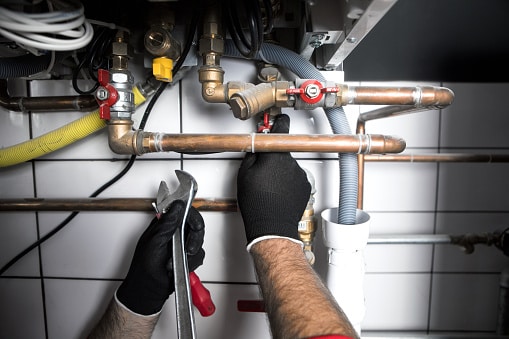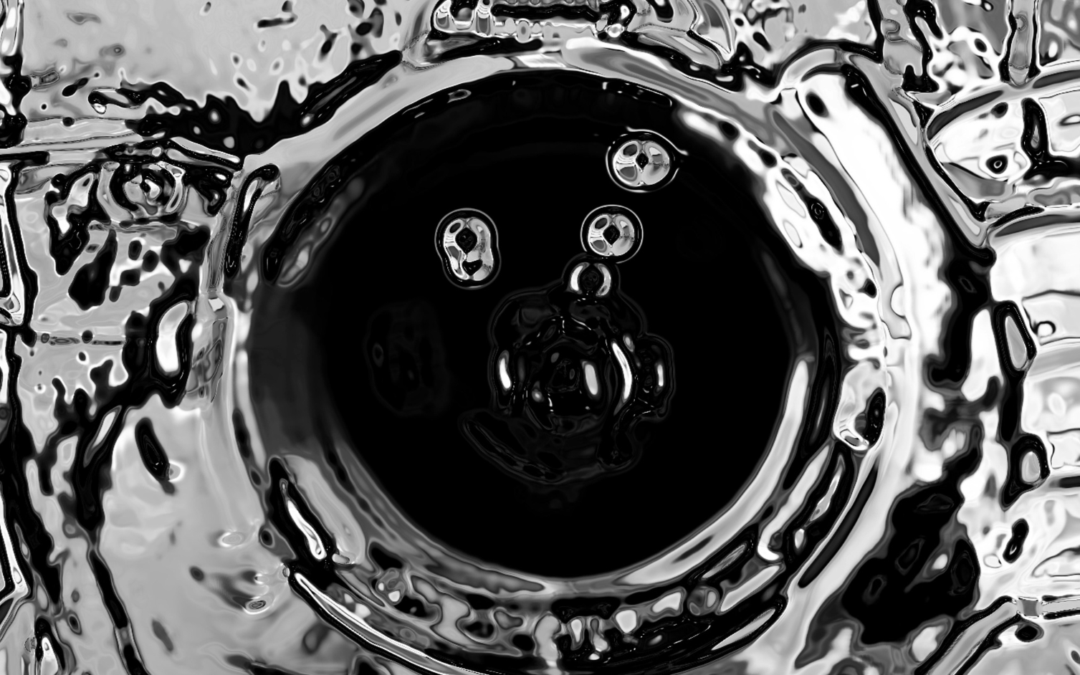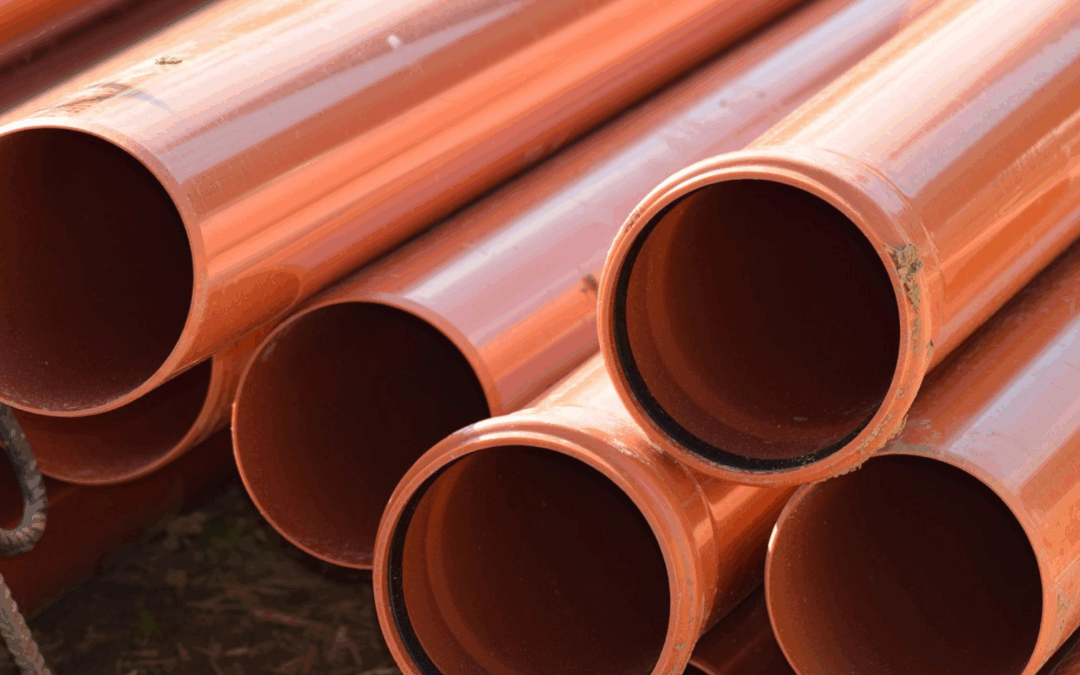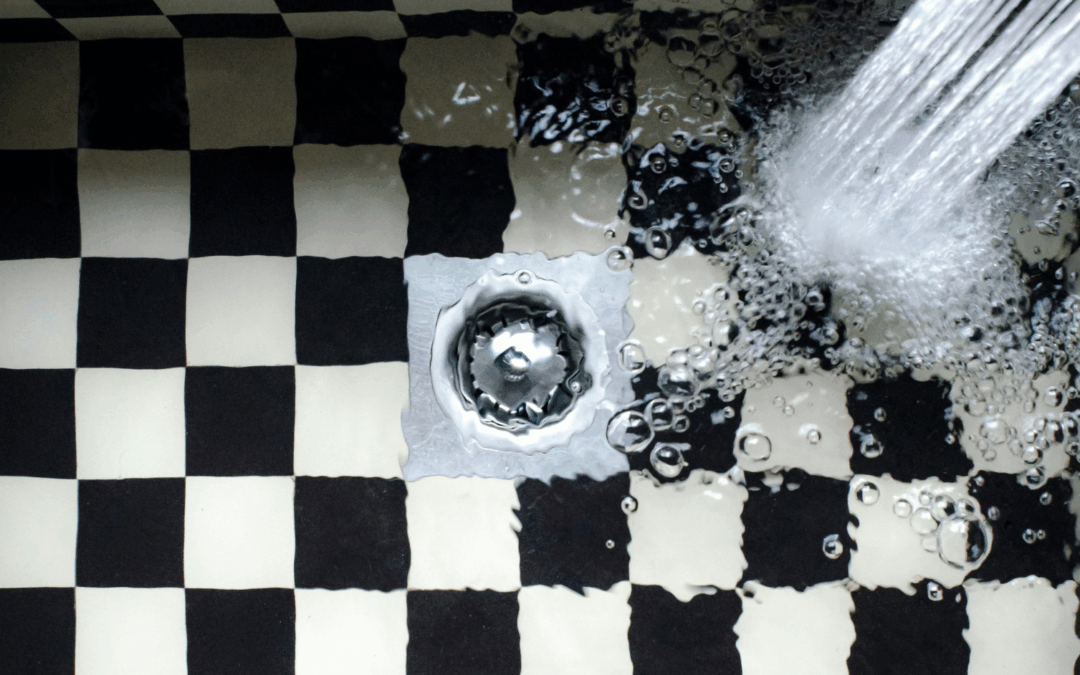Plumbing is one of the essential systems in your home, and if anything goes wrong, it can affect your daily activities. That is why having access to a skilled licensed plumber is crucial to making sure your residential plumbing system operates faultlessly. A certified plumber can tackle all of your plumbing issues, whether big or small. From installing new fixtures to fixing a leaking pipe, residential plumbers are experts in their field. If you are wondering why residential plumbers are essential, below are some reasons to consider.
Expert Knowledge and Experience:
A certified residential plumber has received the necessary training and holds the required qualifications for fixing any plumbing problems. They have years of experience working with different plumbing problems and can easily assess a situation to determine the right solution. Plumbers have also dealt with several plumbing issues that may come up in the future, giving them the expertise to handle any potential problems before they occur. Owning their own plumbing company also can mean that they have been in the plumbing field for a while.
Efficient Problem Solving:
Plumbing problems can be complicated, but with a residential plumber on hand, they can diagnose and fix the problem quickly. Plumbers have the necessary equipment and knowledge to assess why the problem is occurring and how to fix it efficiently, saving you time and money.
Schedule Service Online
Get a free estimate so you know what you're signing up for
"*" indicates required fields
For Emergency Services Call: 410-255-9300
Guaranteed Work:
Hiring a certified residential plumber will keep you at ease knowing the work they do is of high quality and guaranteed. A plumber has an obligation to perform their duties to the best of their abilities to maintain their reputation. They also know that customers are keen on their reputation, so they make sure to do the job right the first time.
Compliance with Local Regulations:
A licensed and certified residential plumber is equipped with the knowledge of the plumbing regulations in your jurisdiction and will ensure that their work complies with the local codes, safeguarding you from legal concerns.
24/7 Availability:
Plumbing problems can occur at any time, even when we least expect it. That is why top-rated plumbing companies run 24/7 services to assist homeowners with plumbing problems, regardless of the time. This means you can rest easy knowing that your plumbing needs are taken care of even in emergencies.
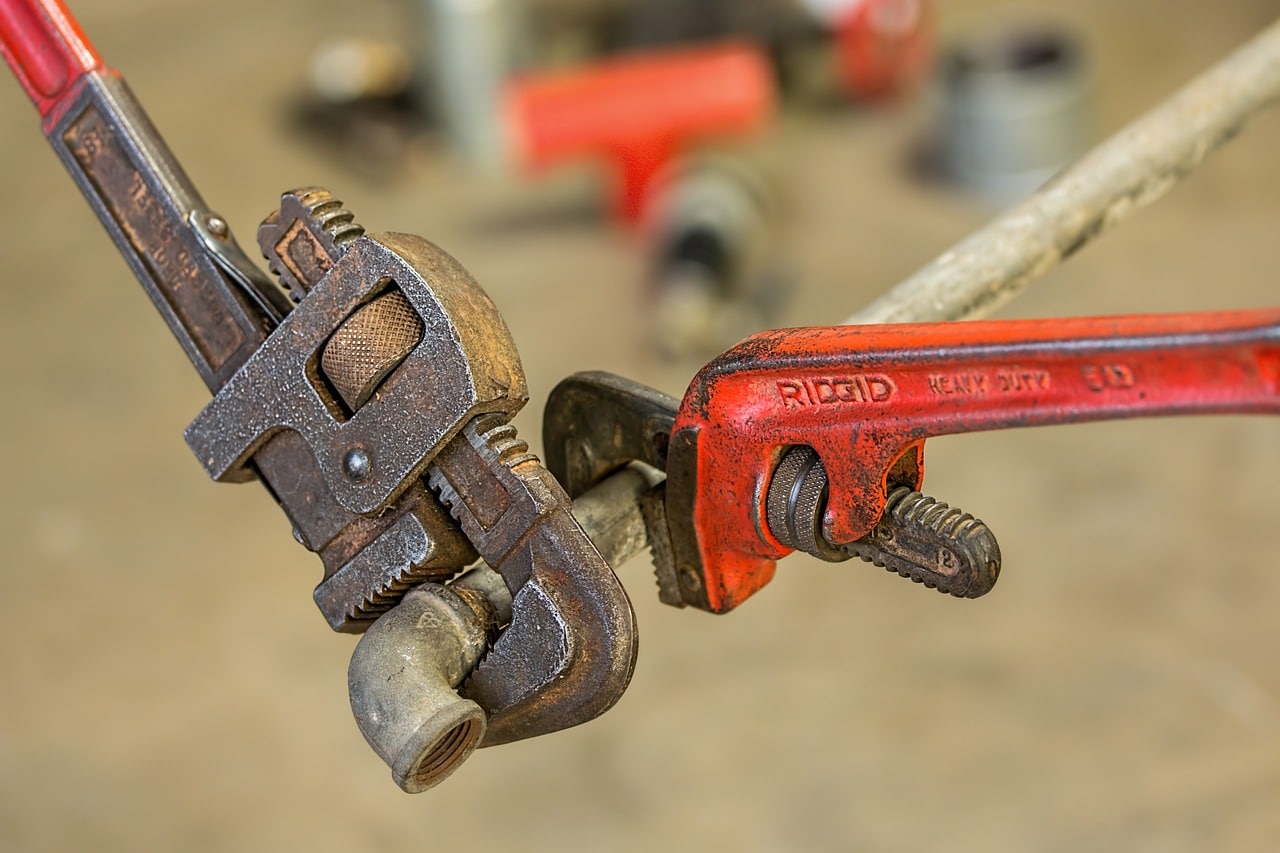
Residential Plumber vs Commercial: Differences and Similarities
We all need the services of a plumber at some point in our lives. Whether it is to fix a clogged sink or install a new water heater, a plumber is an essential trade professional that we rely on for our home or business’ plumbing needs. When it comes to plumbing services, there are two distinct types of plumbers – residential and commercial. While they share some similarities, they also differ in several ways. Next, we will explore the differences and similarities between residential and commercial plumbers.
Experience and Qualifications
One significant difference between a residential and commercial plumber is their experience and qualifications. Residential plumbers mainly work in homes and apartments, dealing with the plumbing needs of individual homeowners. A journeyman plumber may be contracted to work for both residential and commercial. They usually have a basic understanding of domestic plumbing systems and are trained to handle plumbing problems that commonly occur in these settings. On the other hand, commercial plumbers specialize in working with commercial plumbing systems. They have more advanced training and qualifications to handle complex plumbing systems found in large commercial buildings, such as hospitals, schools, and offices.
Types of Plumbing Services
Another difference between residential and commercial plumbers is the type of plumbing services they offer. Residential plumbers specialize in providing services for homeowners. They do installations, repairs, and maintenance of standard plumbing fixtures such as faucets, toilets, and showers. Commercial plumbers, on the other hand, provide a more extensive range of services. They work on large commercial projects that require high-level plumbing services, including the installation, repair, and maintenance of complex systems such as HVAC systems and industrial piping.
Materials and Equipment Used
Residential and commercial plumbers also differ in the materials and equipment they use. Residential plumbers mainly work with materials such as PVC, copper, and PEX pipes and fittings. They also use basic equipment such as pliers, wrenches, and pipe cutters in their work. Commercial plumbers, on the other hand, work with more complicated materials, such as cast iron and steel pipes for larger piping systems. They also use more specialized equipment, such as backflow preventers and hydro-jetters, to maintain large commercial plumbing systems.
Work Environment
The work environment is another difference between residential and commercial plumbers. Residential plumbers typically work in a home or residential setting, dealing with individual homeowners and their plumbing needs. They usually work larger service areas that cover residential neighborhoods. Commercial plumbers, in contrast, work in large-scale commercial settings, dealing with companies and businesses. They may be required to work in different locations or job sites, depending on the size of the project they are working on.
Similarities
Despite their differences, residential and commercial plumbers also share some similarities. Both must have an in-depth knowledge of plumbing systems and fixtures, understand local plumbing codes, and be licensed to carry out their job. They also share the same goal of fixing plumbing issues and ensuring the smooth operation of the commercial or residential plumbing systems they work on. Both must be able to provide high-quality services to their clients and be reliable and professional in their work.
In conclusion, a residential plumber is different from a commercial plumber in several ways – they have different qualifications, offer different services, use different materials, and work in different environments. However, they also have similarities in their expertise, aim to provide high-quality services, and are essential trade professionals to take care of our plumbing needs. Regardless of whether you need a residential or commercial plumber, it is essential to hire a licensed and experienced professional to ensure that your plumbing system is in good hands.
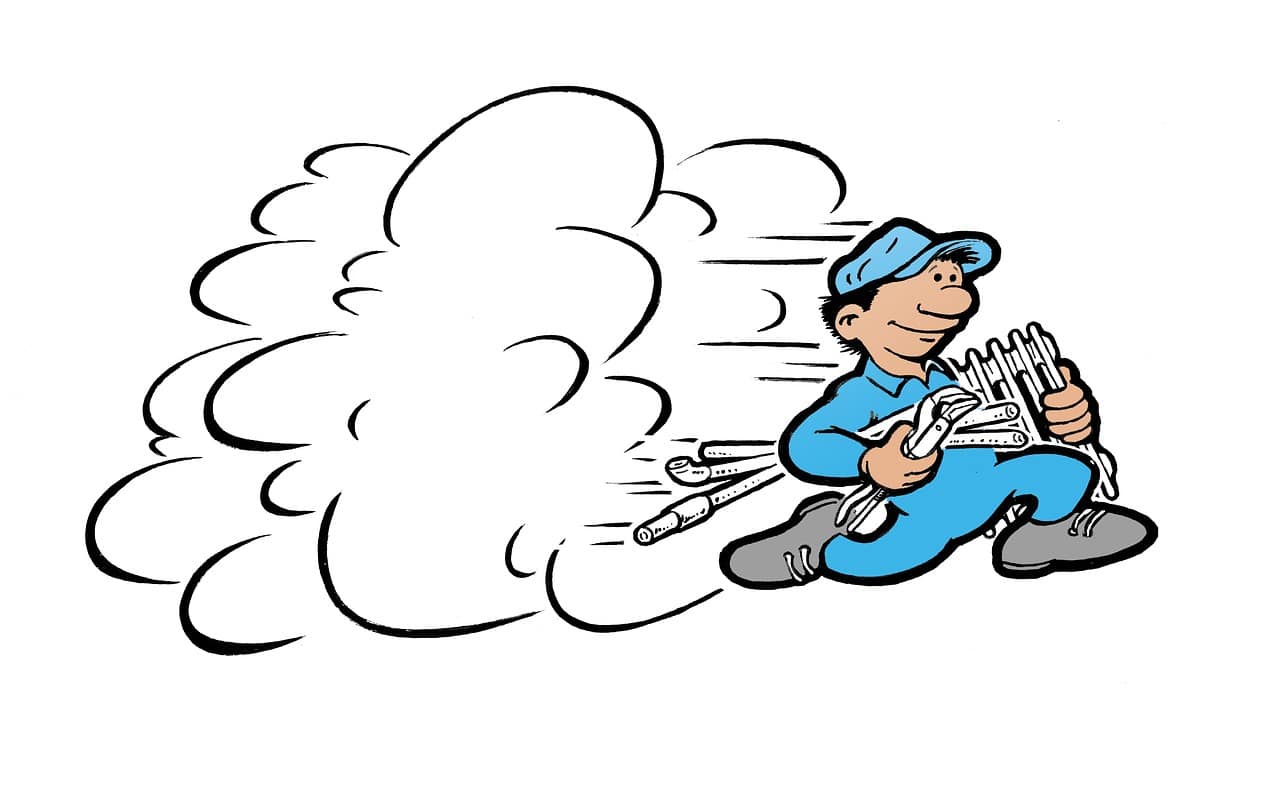
Beware of These Warning Signs: When to Call a Plumber
Plumbing problems can be some of the most inconvenient and costly issues a homeowner can face. This is especially true if they are not noticed and left unattended for long periods. Many issues can be easily detected by simply keeping an eye on certain warning signs. By calling a plumber at the first sign of trouble, you can save yourself from more extensive and costly repairs. To help you out, we will discuss the warning signs you should look for to call a plumber.
Low Water Pressure:
If you turn on your faucet and notice that the water is coming out slower than usual, this is a sign of low water pressure. This could be caused by a variety of issues such as a leaky pipe, mineral buildup in the plumbing, or a blockage in the water supply. A plumber that specializes in residential plumbing can diagnose and fix the problem, restore your water pressure and prevent any further damage.
Leaking Pipes:
A small leak can quickly turn into a disaster if left unattended. If you notice any water stains on your walls or ceilings, this is usually accompanied by a musty smell and is a sign of a leaking pipe. A plumbing company can quickly locate the source and repair the leak before it leads to significant water damage or mold growth.
Slow Draining:
Clogged drains can cause slow draining and backups in your sinks and toilets. If you can hear gurgling sounds coming from your pipes or notice water pooling around your shower drain, it’s time to call a plumber. A clogged drain can lead to more severe issues such as a burst pipe or sewage backup if it is not taken care of quickly.
Running Water Meter:
If your water meter continually runs even though no water is being used in your home, this is a clear sign of a hidden leak. It’s important to call a plumber to locate the cause of the leak and to repair it before it leads to extensive water damage or sky-high water bills.
Unpleasant Odor:
If you notice an unpleasant smell coming from your pipes or drains, this is a sign of sewer backup. This could be due to a blocked sewer line, and if this is the case, it’s important to call a plumber immediately. Sewage backups can be incredibly hazardous to your health and can also cause significant damage to your home’s foundation.
It’s important not to ignore any of the warning signs mentioned above. Even small plumbing issues can quickly turn into an emergency if left unattended. A plumbing emergency can be expensive, inconvenient, and even hazardous to your health and the health of your family. By detecting the problem early and calling a plumber, you can save yourself from costly repairs, protect your home and prevent any further damage. If you notice any warning signs or have any concerns with your plumbing system, don’t hesitate to call a professional plumber.
Conclusion:
A residential plumber is an indispensable resource for a homeowner. They possess the right qualifications and experience to deal with any plumbing problem efficiently. Not only can they diagnose and resolve an issue, but they also hold themselves accountable for the quality of their work. Therefore, if you’re experiencing any plumbing problems in your home, don’t hesitate to call a certified and licensed residential plumber to take care of it.
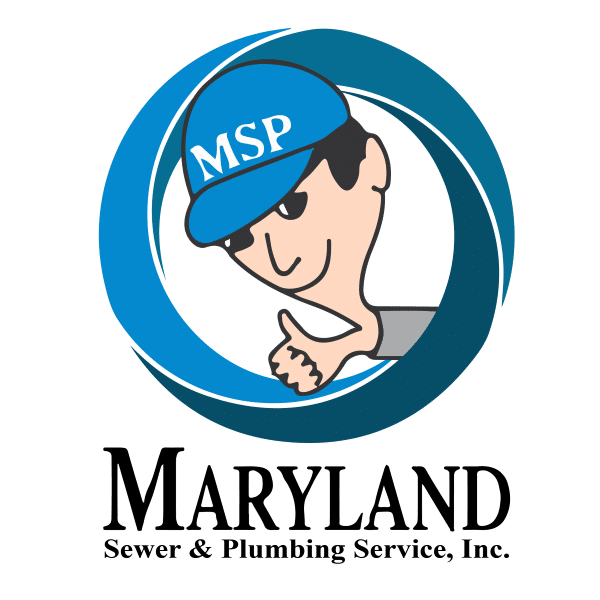
MD Sewer and Plumbing Services LLC
MD Sewer and Plumbing Services is here 24/7 in case you need us. Our emergency plumbing services save you stress and worry! Call us today!

